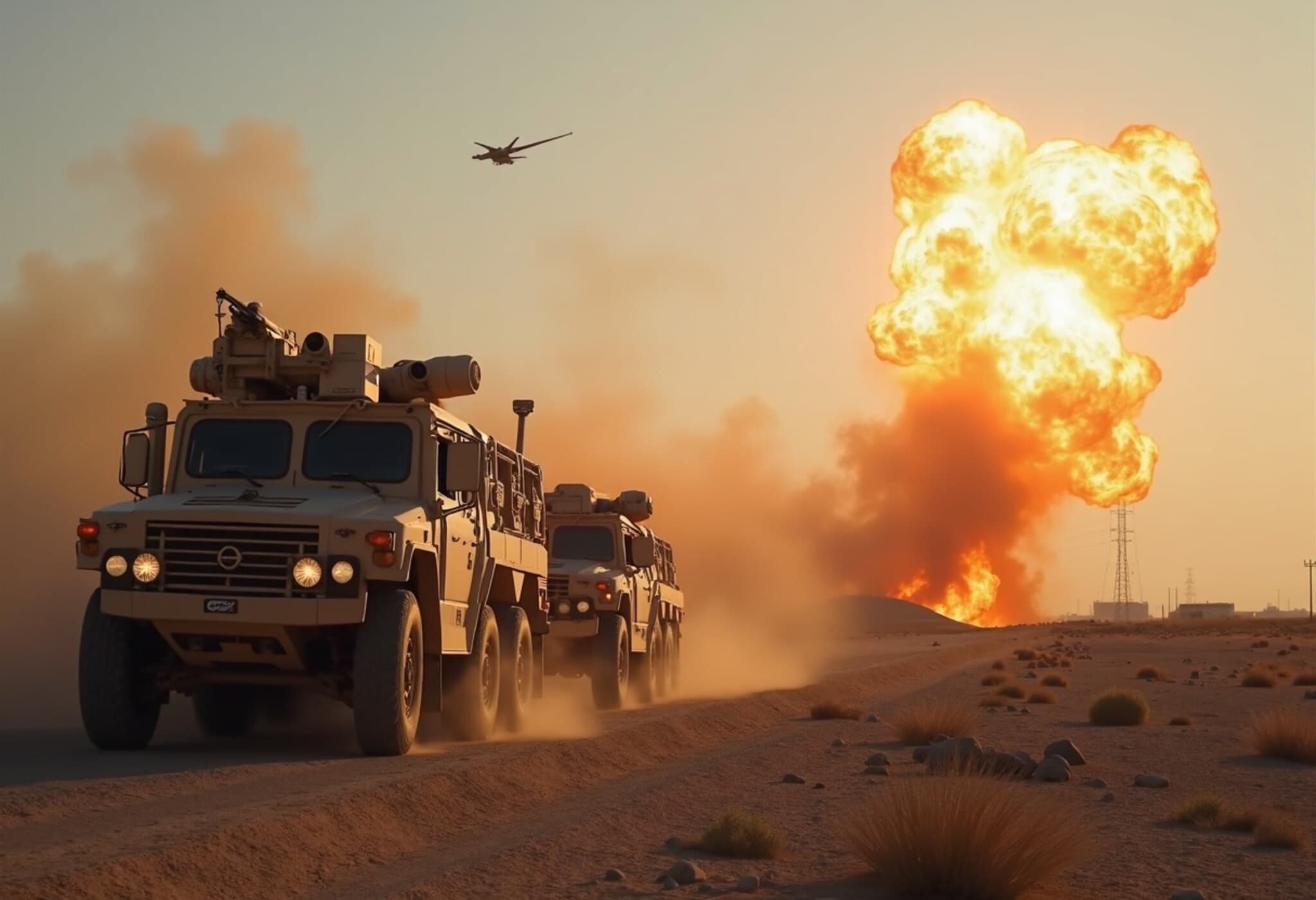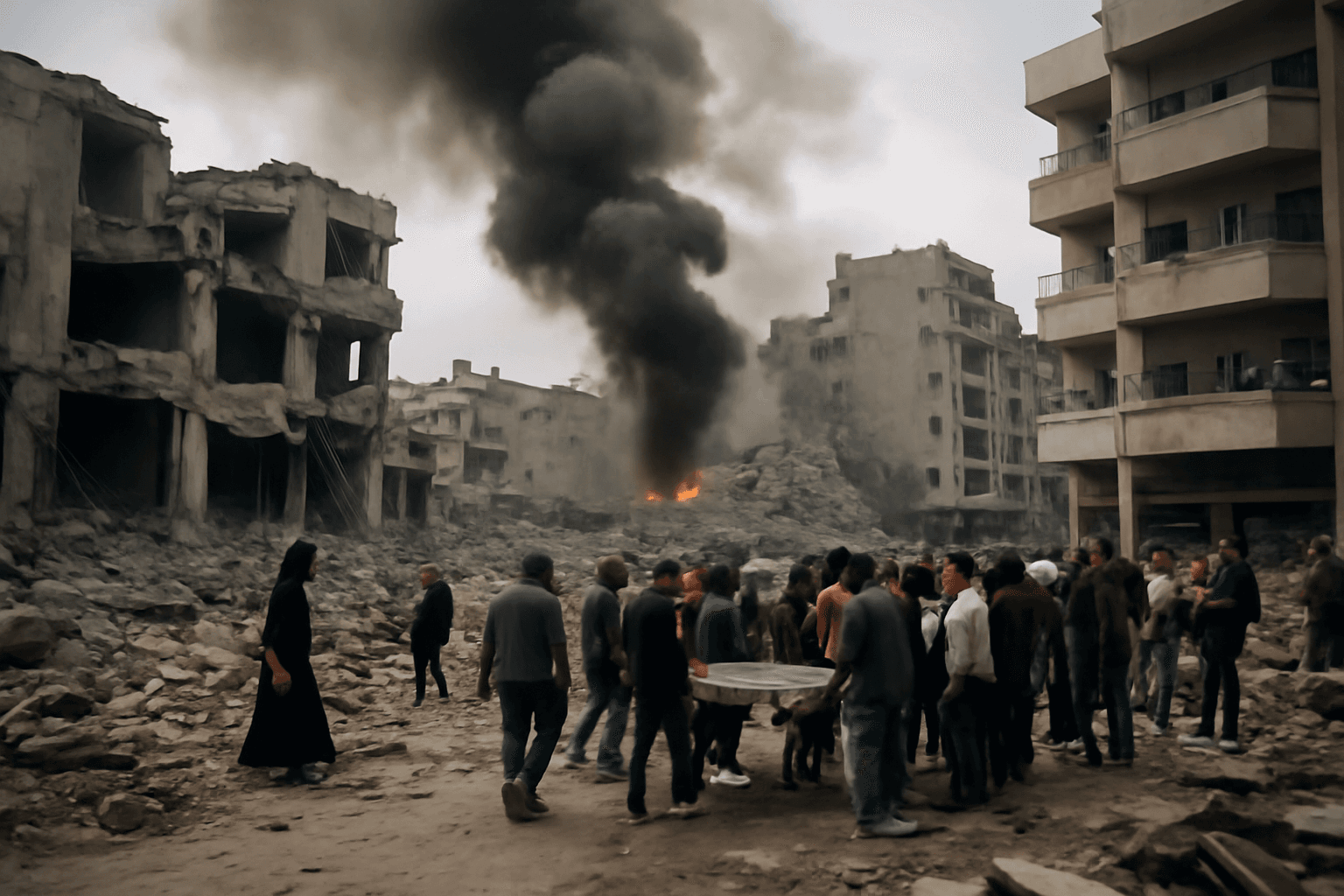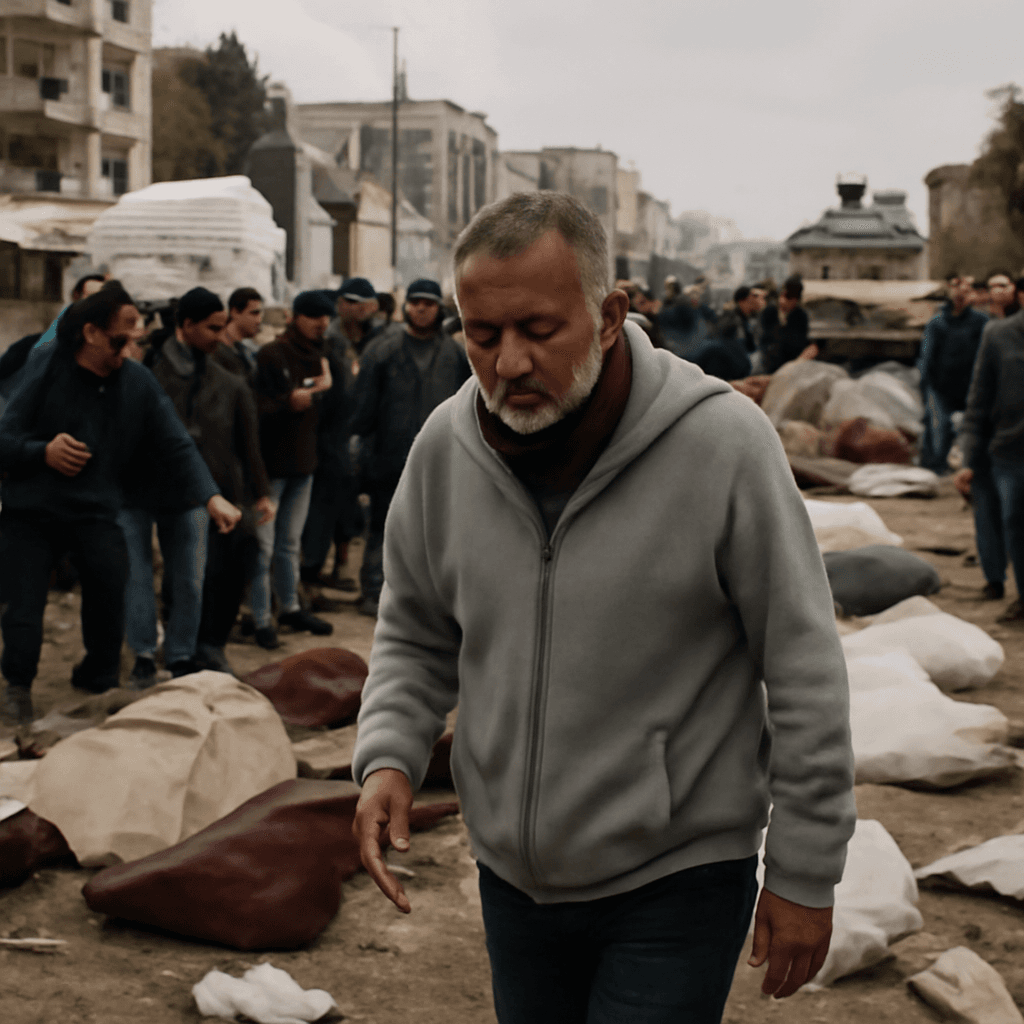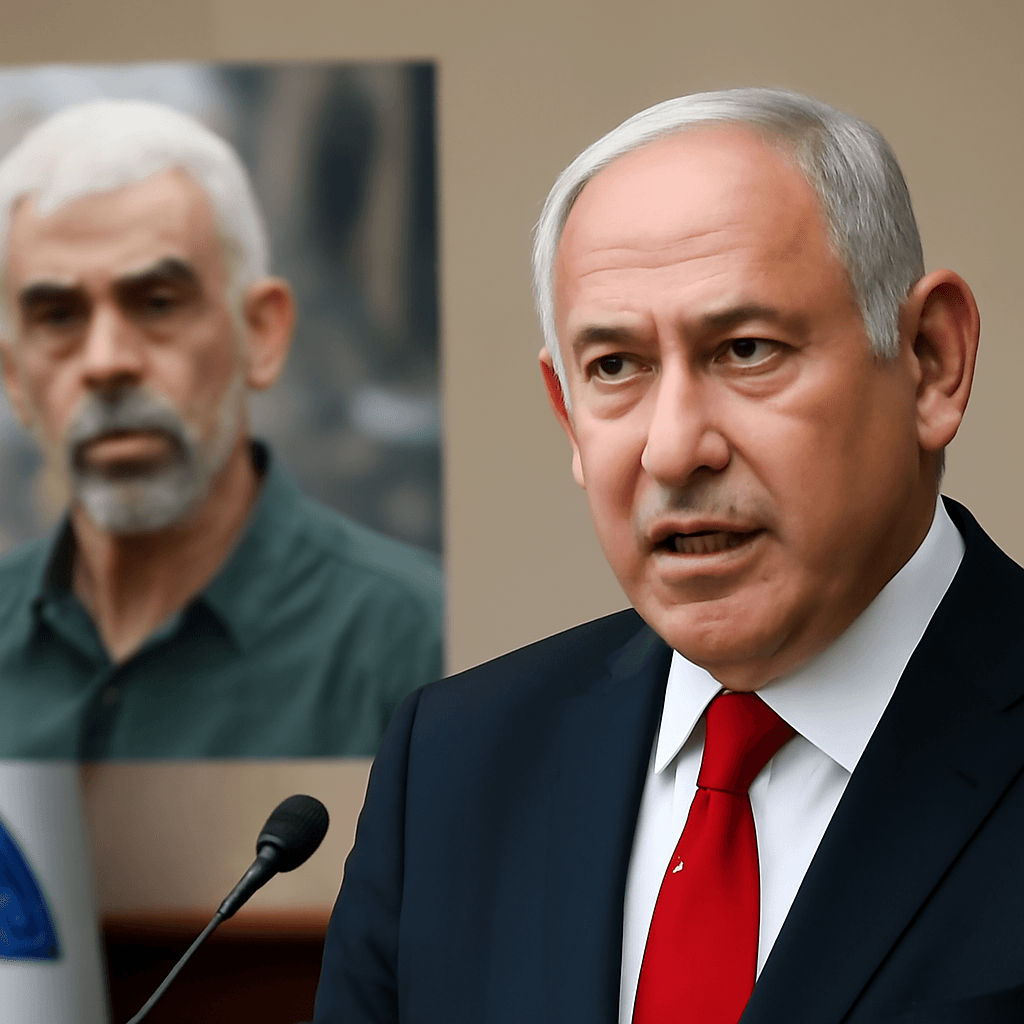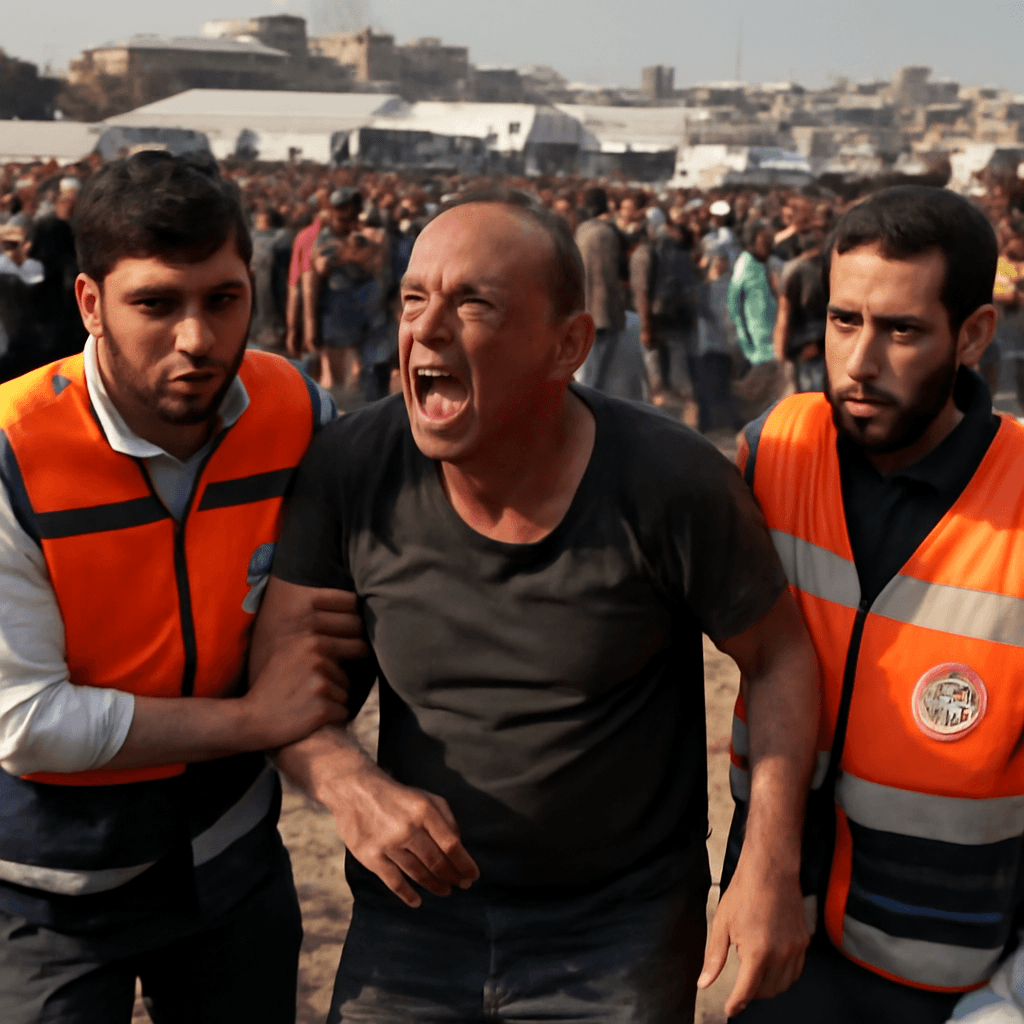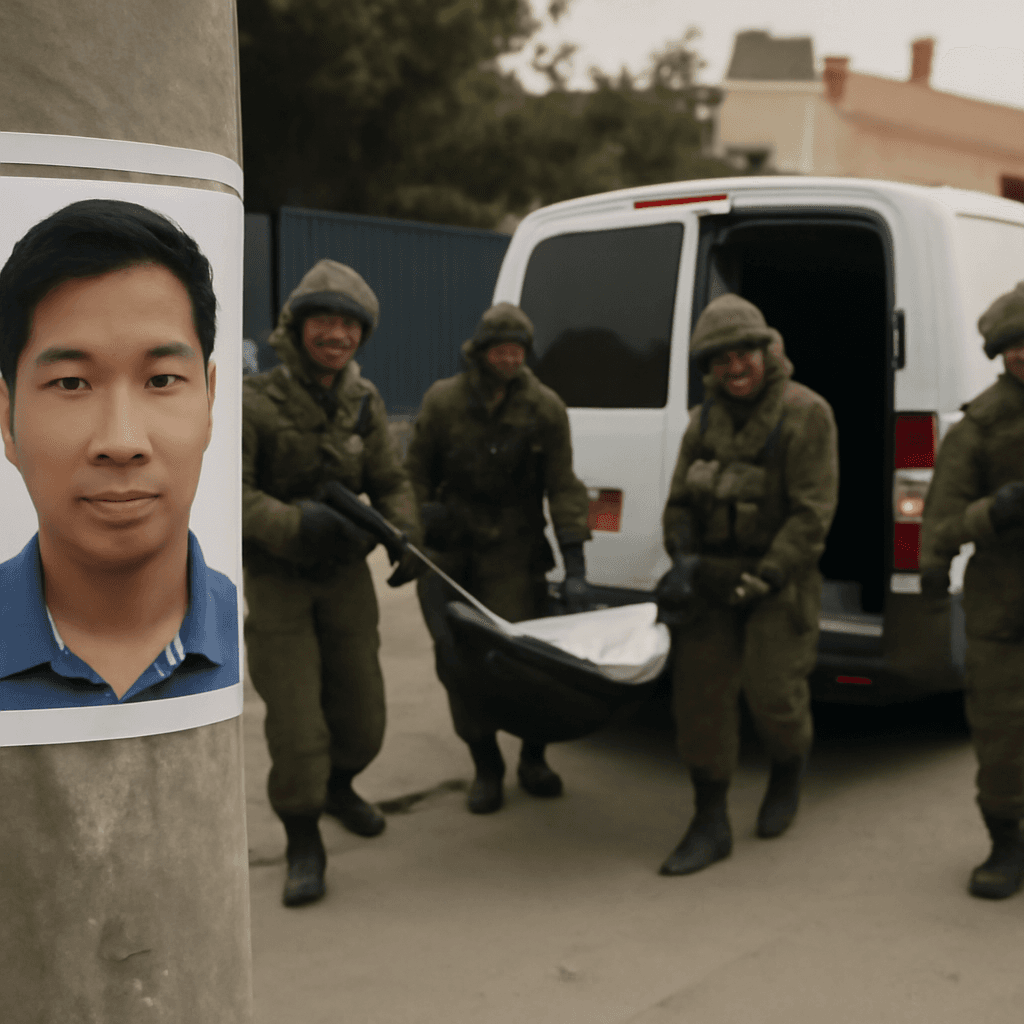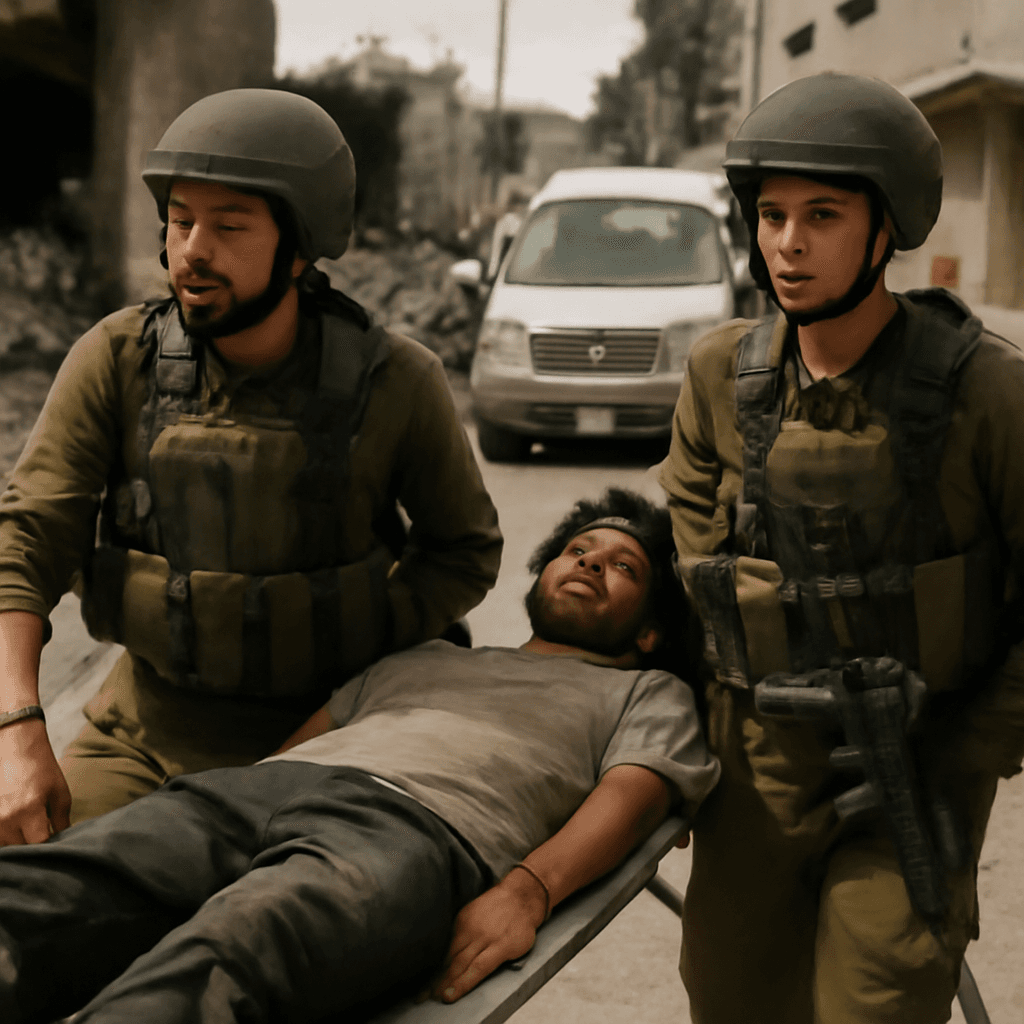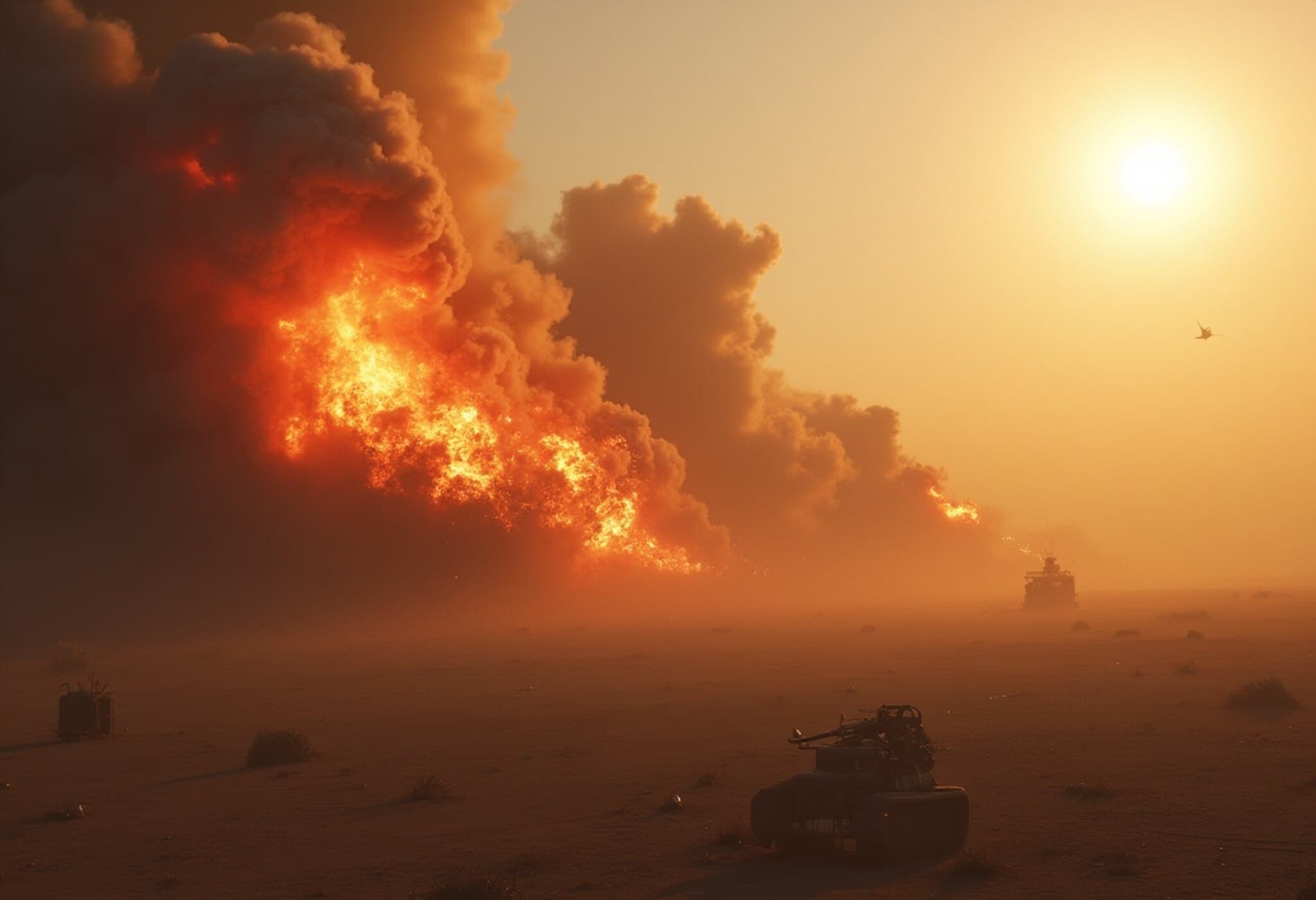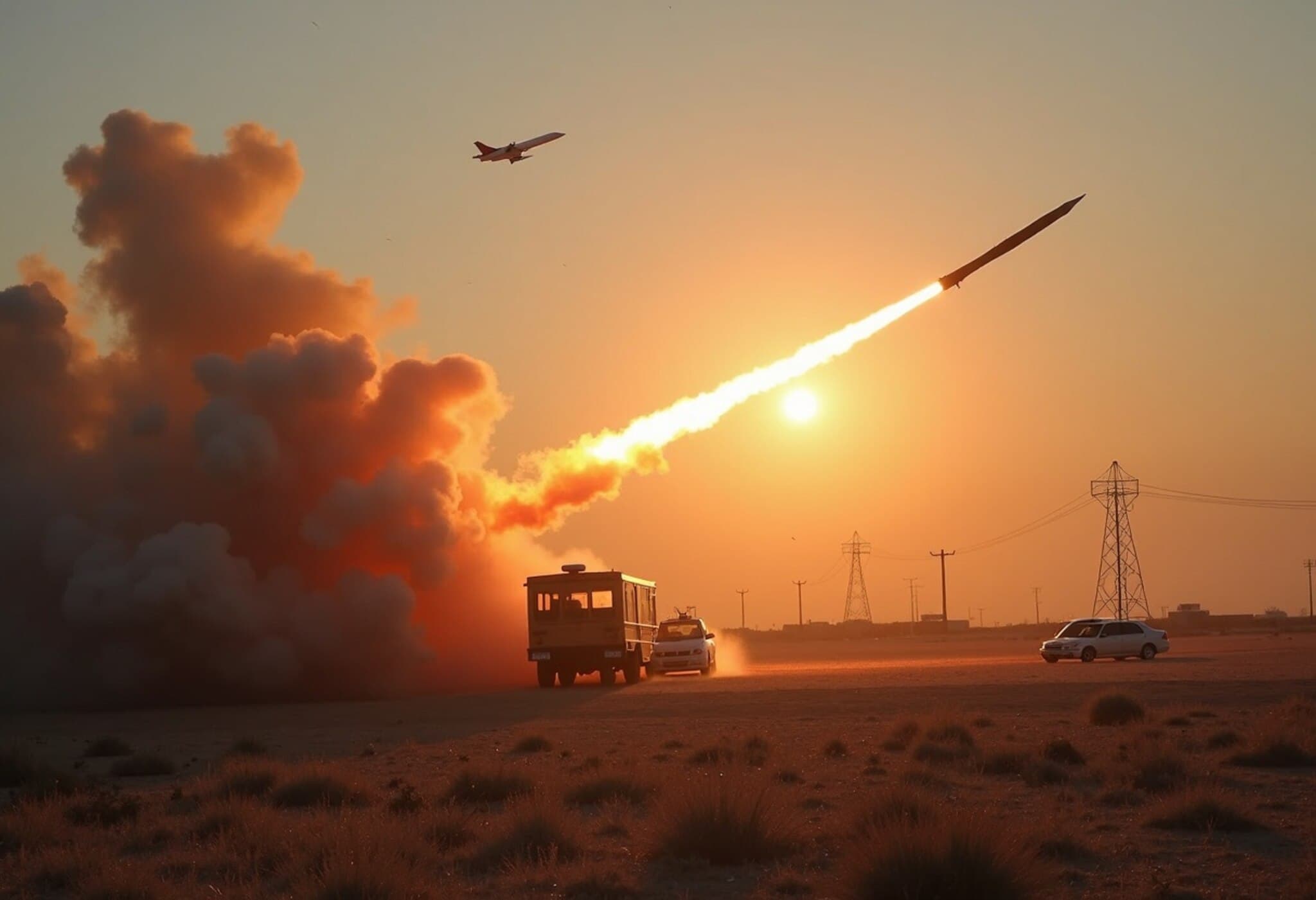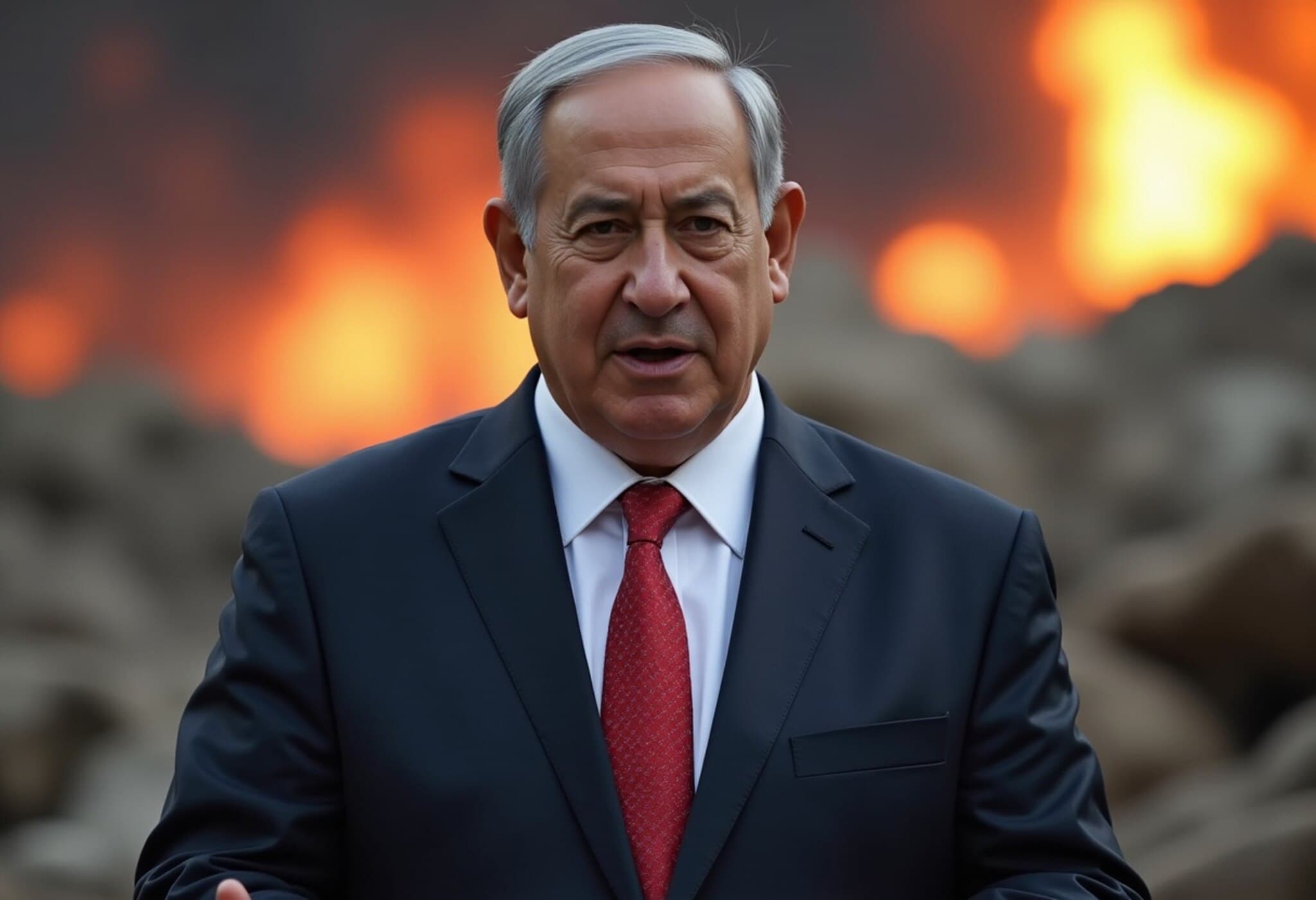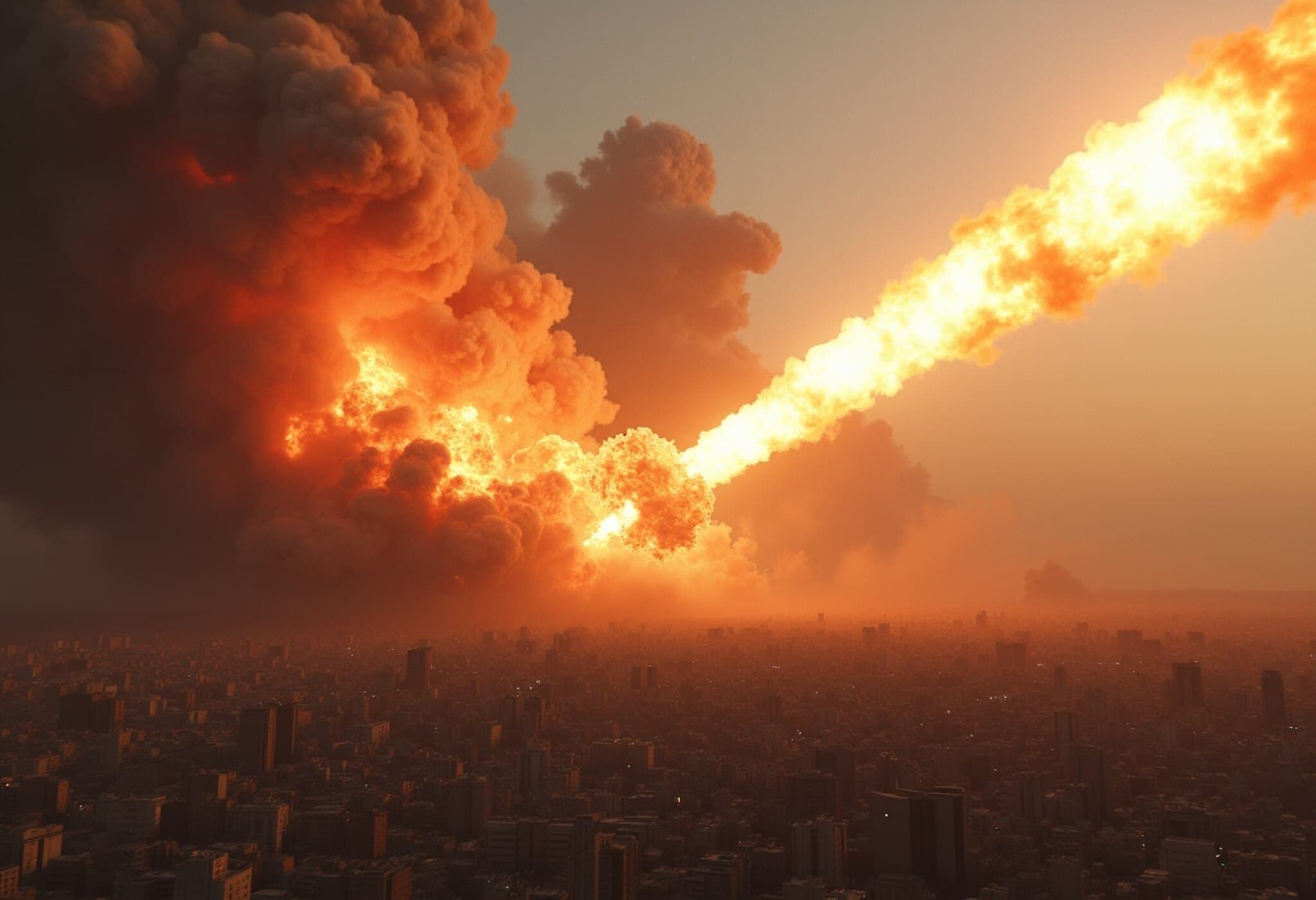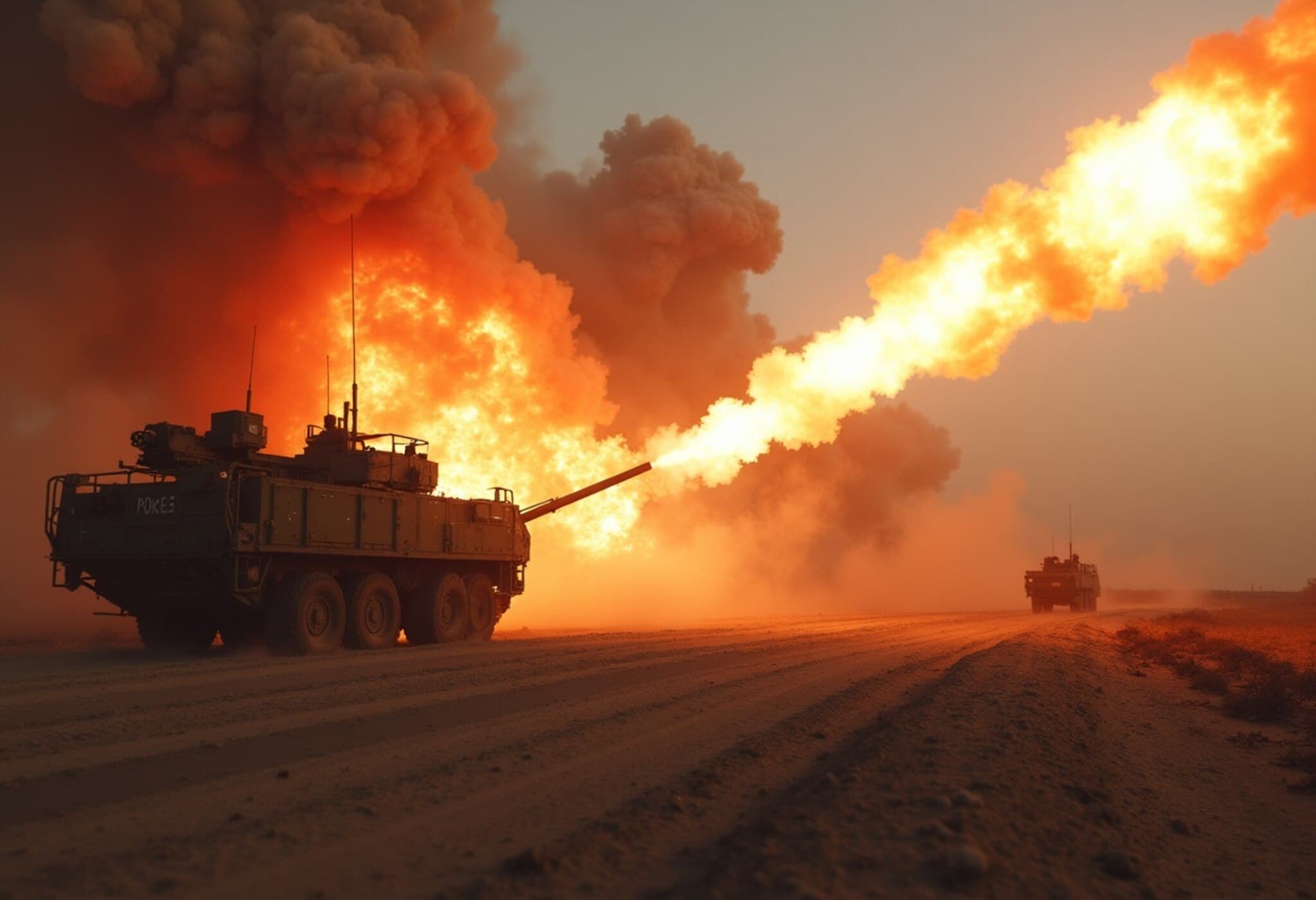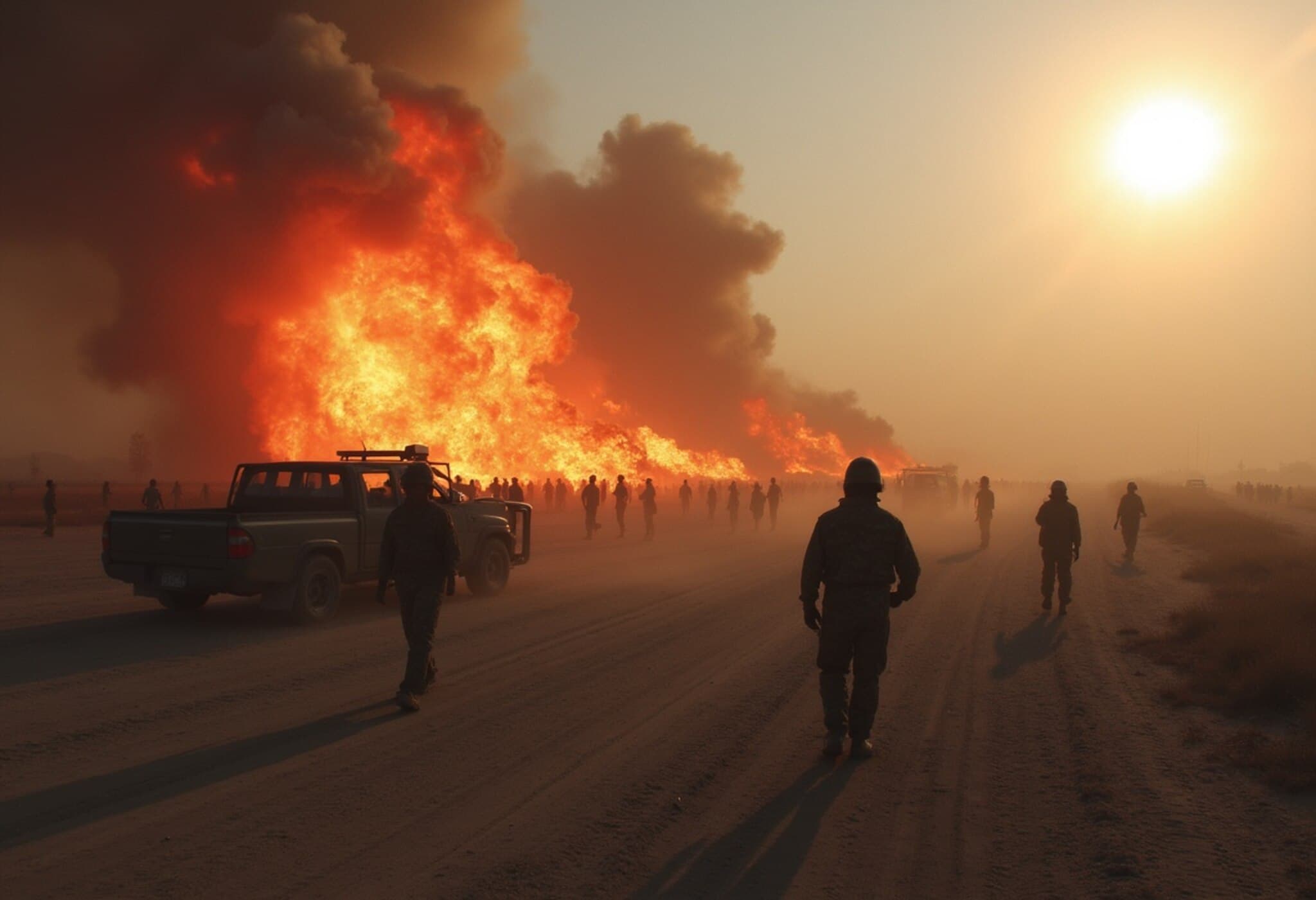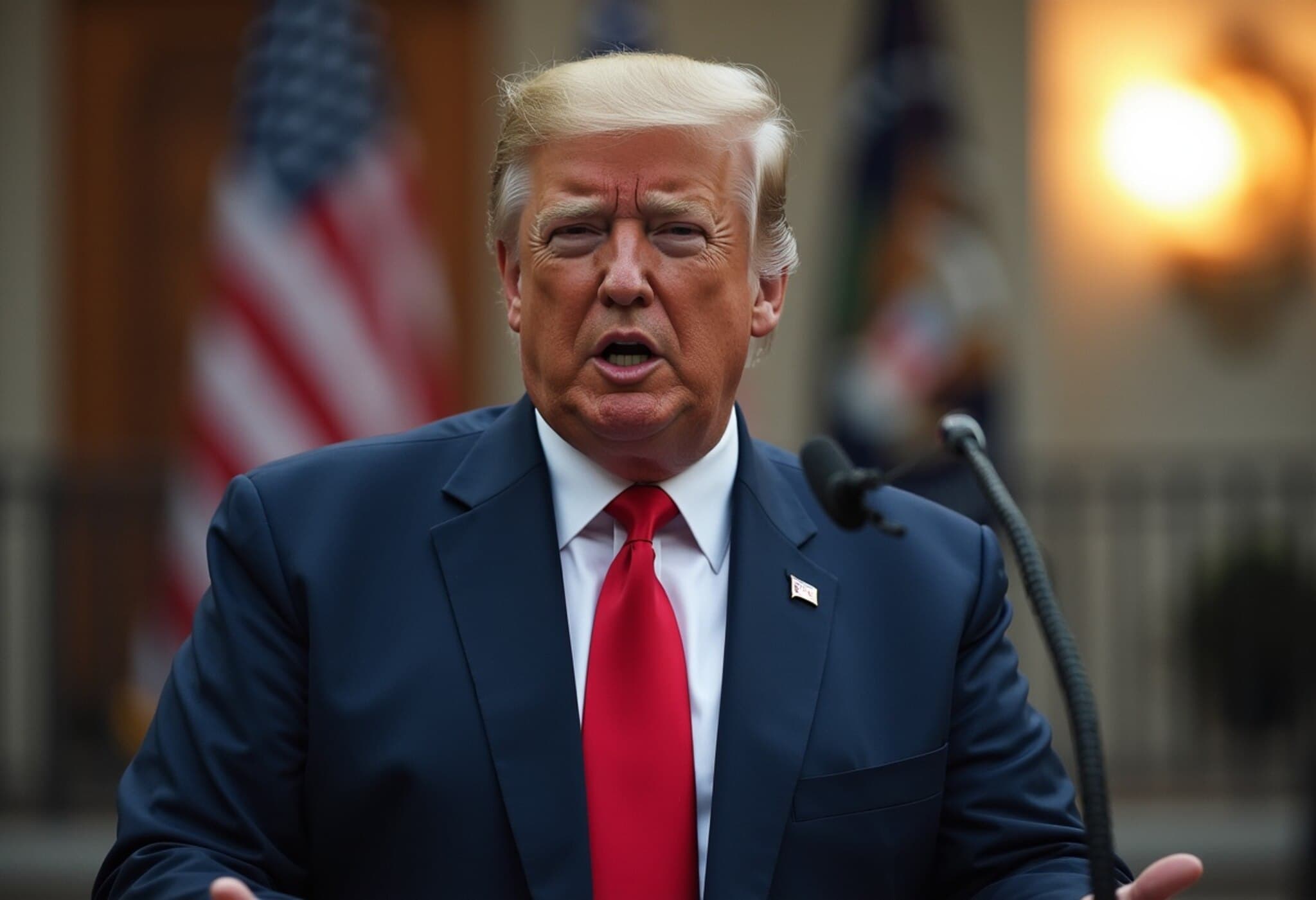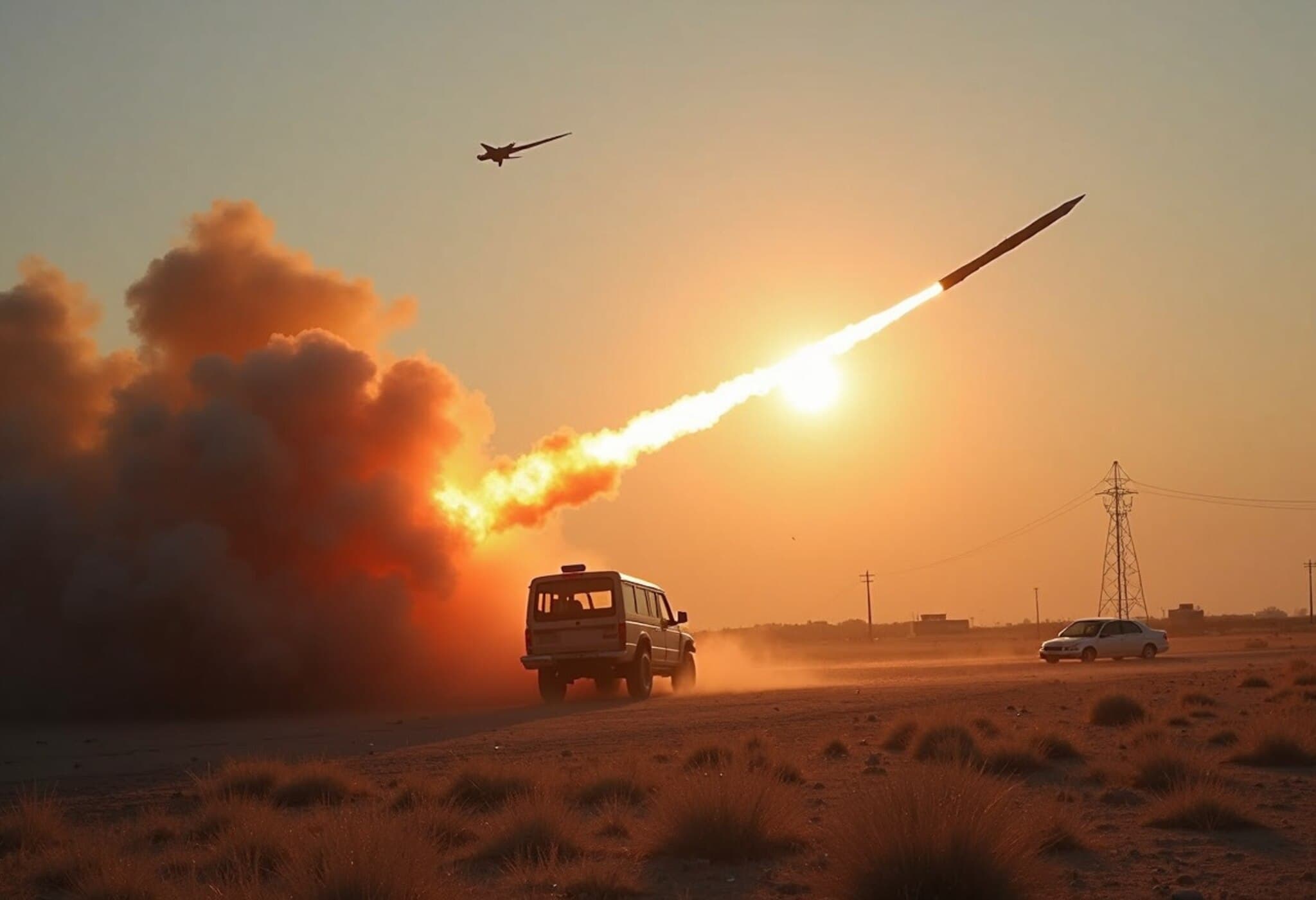Israel Escalates Military Campaign Against Iran
Following a surprise offensive that eliminated key figures in Iran's military leadership, Israel has expanded its strikes into Iran’s vital oil and gas sectors. This marks a notable shift in the ongoing conflict as Iranian media reported a fire breaking out at the South Pars gas field in Bushehr province.
Netanyahu Vows Escalation Amid Rising Tensions
Prime Minister Benjamin Netanyahu stated that the strikes had set back Iran's nuclear ambitions by potentially several years. He dismissed international appeals for restraint, declaring, "What they have felt so far is nothing compared with what they will face in the days ahead." Israel confirmed having targeted more than 150 sites across the country, signaling a prolonged campaign.
Reactions from Tehran and Impact on Nuclear Talks
In response, Iran has called off nuclear negotiations with the United States, which were previously seen as a crucial avenue to de-escalate the crisis. Iranian Foreign Minister Abbas Araqchi described the talks as untenable amid what he called Israel’s "barbarous" attacks.
Tehran reported casualties including 60 fatalities in a missile strike on a residential complex, among them 29 children. The strikes also damaged infrastructure critical to Iran’s nuclear program and residential areas, causing widespread devastation.
Cross-Border Retaliation and Regional Fear
Iran retaliated with a barrage of ballistic missiles and drones targeting Israel, resulting in at least three civilian deaths and multiple injuries. Israeli air defenses intercepted many of the projectiles, but sirens and shelters became a grim reality for civilians, including a baby rescued from a missile-hit home near Tel Aviv.
As tensions escalate, Iranian officials have threatened to close the Strait of Hormuz, a vital artery for global oil shipments, amplifying fears of a wider regional conflict. Israel’s Defense Minister warned that continued missile attacks would provoke harsher retaliation against Tehran.
Strategic and Human Cost of the Strikes
The operation has destroyed key nuclear facilities in Natanz and Isfahan while sparing other enrichment sites, such as Fordow—for now. It has also resulted in the deaths of nine nuclear scientists, a significant blow to Iran's nuclear expertise.
Despite Iranian claims of peaceful nuclear intentions, ongoing violations reported by global inspectors have intensified suspicions. With the protracted conflict undermining Iran’s regional proxies like Hamas and Hezbollah, Iran's options for counterattacks appear limited but volatile.
The Human Toll on Both Sides
- The Iranian strikes destroyed residential buildings, causing extensive civilian casualties and homelessness.
- In Israel, civilians faced missile bombardments disrupting daily life, with damage to homes near critical sites.
- The psychological impact has been profound, with families living under constant threat and emergency services stretched thin.
What Lies Ahead?
With Israel warning this military campaign may extend over weeks, concerns mount about the scope and duration of the conflict. Both countries remain on edge, while the international community watches closely as diplomatic channels falter.
The volatile situation underscores a fragile Middle East landscape, where the balance of power hangs precariously amid fear of a broader war.

